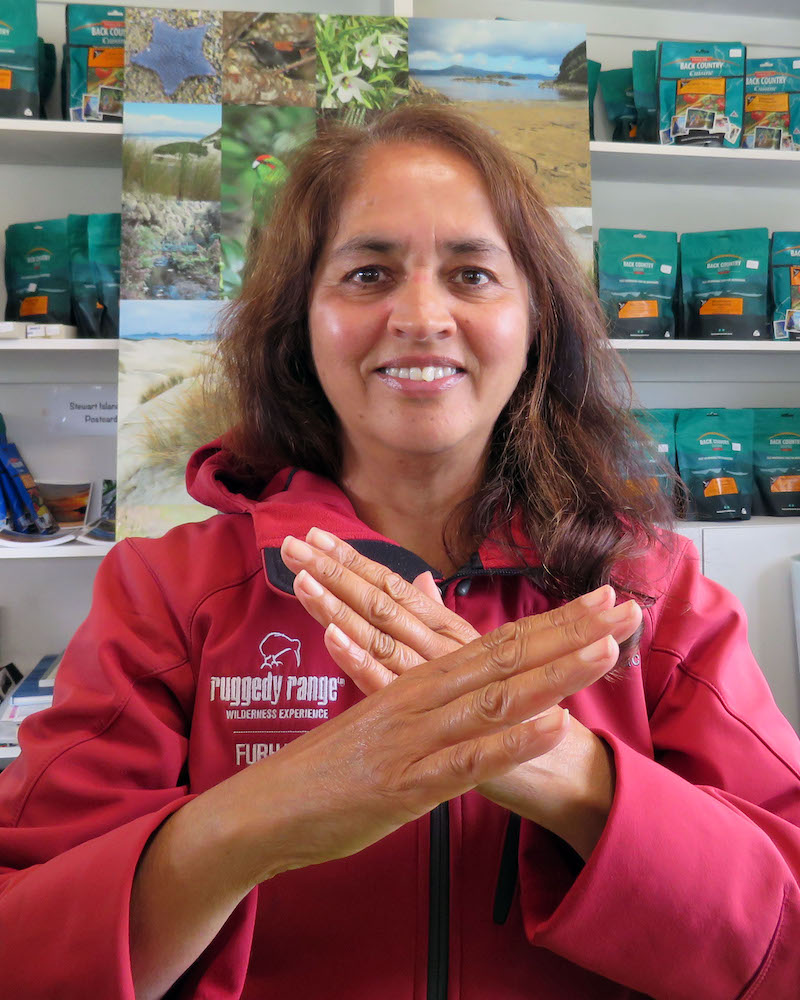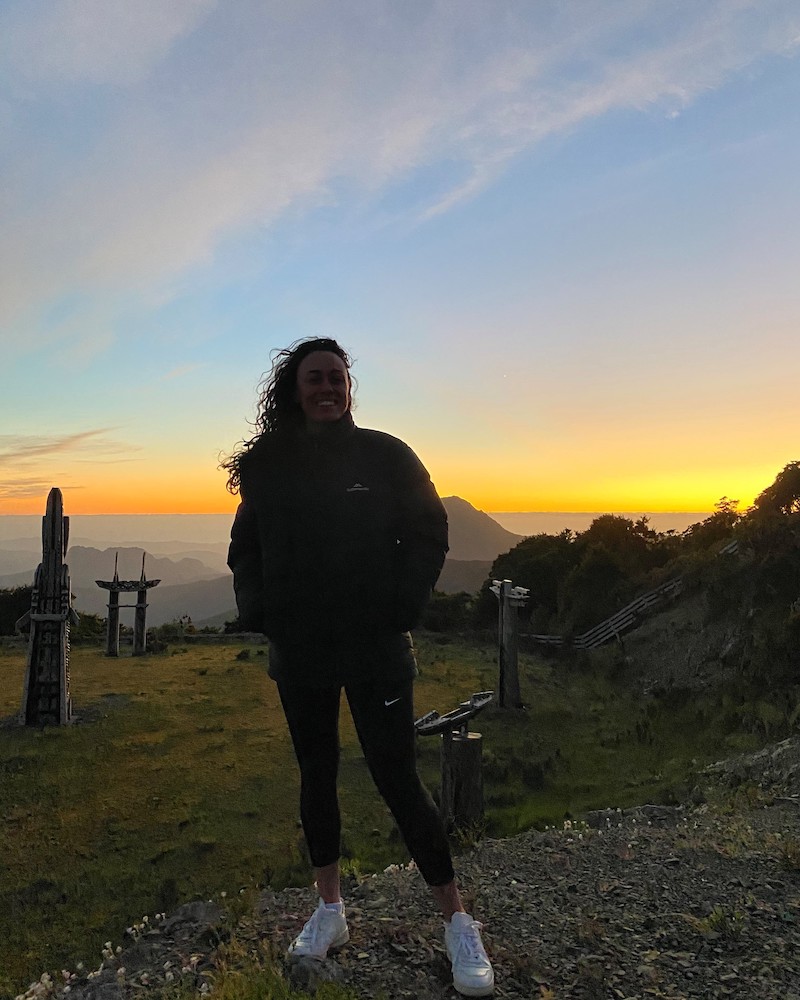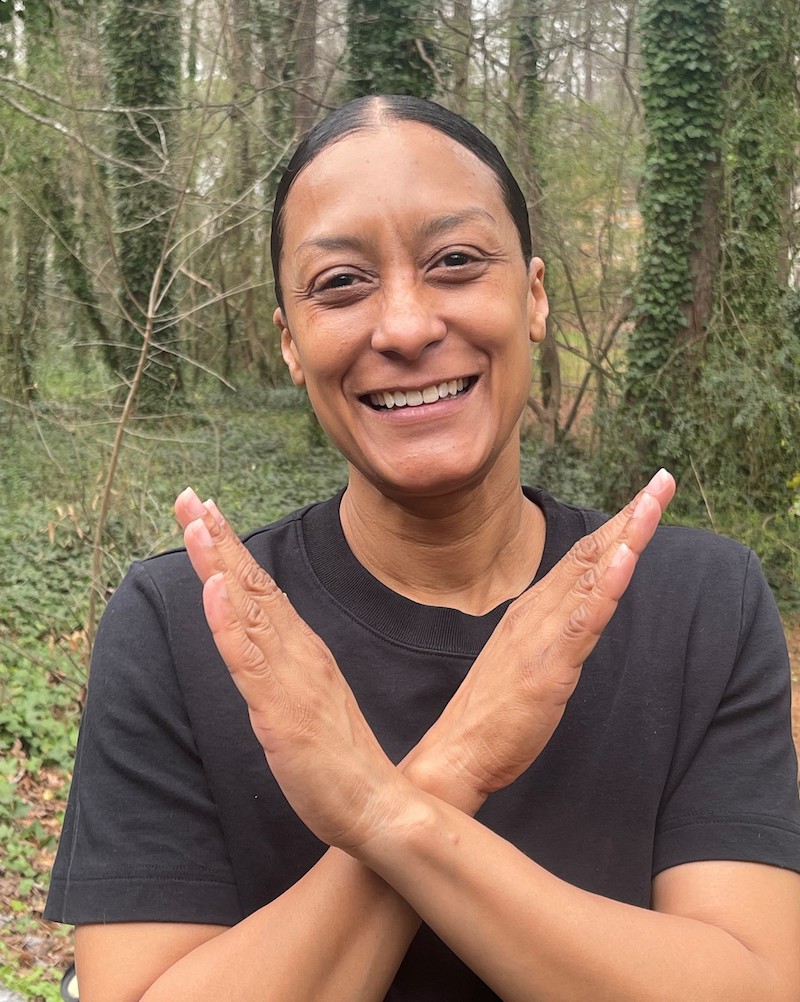We’ve connected with some of the top women in tourism to learn more about their roles and gather their opinion about bias in the industry. These mighty wāhine are Furhana Ahmad, owner and operator of Ruggedy Range Wilderness Experience in Stewart Island; Miro Harré, Director of Regions, NZ Māori Tourism and Melissa Cherry, Chief Diversity & Inclusion Officer from Miles Partnership.
Keep an eye on our channels during the month of March as celebrate more of the trailblazing women paving the way and championing #GenderEquality in tourism.

Furhana Ahmad
Owner & Operator of Ruggedy Range Wilderness Experience

Miro Harré
Director of Regions, NZ Māori Tourism

Melissa Cherry
Chief Diversity & Inclusion Officer at Miles Partnership
What’s your role in the travel and tourism industry?
Furhana: I ventured to New Zealand as a traveller and having studied Geography at university, fell in love with its natural environment. For the past 22 years since settling in New Zealand, I have used my background to establish and operate a nature tourism business in Stewart Island, the southernmost populated island.
My business includes a transport vessel, Aihe Wildlife Cruises & Water Taxi, custom-built and launched in 2007. Due to difficulties finding qualified boat drivers, I have obtained a skippers ticket to ensure Aihe can continue to operate.
To address visitors’ needs to buy or hire outdoor gear when arriving at our semi-remote island location, I established a small outdoor shop that has continued to expand its range of products to facilitate outdoor activities.
My businesses are NZ Qualmark accredited, and I remain independent so clients can freely choose their activities. My clients have come from over 40 different nations. I aim to provide them with rewarding and meaningful experiences and regularly see customers returning or recommending my tours and services to friends and family.
Miro: I’m the Director of Regions, NZ Māori Tourism. My role consists of advocating on behalf of and enabling the aspirations of our Māori tourism businesses and sector. I also support strategic regional kaupapa through facilitation of key stakeholders and participation in hui and working groups, and I’m a key point of contact and support for our operators.
Melissa: I’m the Chief Diversity & Inclusion Officer at Miles Partnership. I’m responsible for integrating DEI practices across the company to create systemic change within Miles Partnership and to evolve those same practices that we use to better advise our clients, their communities and the visitors they serve.
What’s the most common gender bias you witness in your industry, and how would you challenge it?
Furhana: The most common “gender” bias I perceive is a level of opposition and not competition. As the sole owner/operator of my business in a largely male-dominated environment, I feel undermined by some of the actions I have experienced, including some staff responding better to a male employer than a female.
Customers are also used to men in charge of driving boats, and a few times, I pick up vibes from customers who are uncertain of a woman in charge of a vessel. These vibes are generally short-lived!
I challenge any gender bias by continuing to do what I enjoy and love. Having seen different genders working in a variety of roles, I am respectful of the abilities of any and all genders and fully supportive of any gender that enjoys and carries out their roles well.
Miro: A male-dominated way of thinking and leading the industry which can be a barrier to innovation in the transition of our industry.
I believe we can challenge this by bringing others up to lead alongside, contribute new ideas, invest in capability, and drive change. We can also build out our teams with diverse people and experiences, identify the knowledge and experience (not just professional) gaps, and fill them with the right people.
Melissa: The most common gender bias I witness is pay equity. I work to challenge this bias as new roles are developed to advocate for equal pay.
What’s your most significant work achievement? Will you share some tips to celebrate women’s achievements?
Furhana: Keeping my business going on my own through the ups and downs of tourism, in a challenging environment against interconnected operators with limited or non-existent staffing. Also, finding the confidence to learn how to drive my own boat, without which the business would not be able to operate its boat cruises or boat charter services.
Miro: Supporting our operators, their whānau and businesses through COVID-19. That meant picking up the phone during some of our toughest times in the industry to speak in person to our people (where face to face was limited). As a team, we called every single one of our operators.
Having this contact enabled us to provide support where needed and our people knew we were thinking of them and that we had (and continue to have) their backs.
Don’t succumb to tall poppy syndrome or competition. Remember that our sisters’ success is our success – celebrate collectively.
Make a point of what was different that enabled her success – celebrate and use it. Celebrate with style, make a real thing out of it, have fun doing it! And finally, be unapologetic about our wāhinetanga (womanhood).
Melissa: Two priorities that drive my passion for this industry is building paths for access to opportunity and having a voice. Through my lived experience, those two things have not always been afforded to me, and we know that historically that is the case for many others.
Along my career journey, I have had the privilege to have access to leaders within the industry to observe, learn and advance my knowledge. I believe without this; I would not be where I am today. So, throughout my career, I have been committed to working with like minds in the industry to create and rebuild access to the next generation that will provide the space for innovative thought and the development of future leaders. And as a leader, I feel it is my responsibility to help ensure that new talent coming into the industry has access to have a seat and a voice at the table.
During my time at Destinations International, and now in my current role at Miles Partnership, I am focused on addressing workforce gaps through mentorship, new hiring models and building industry partnerships to expand the potential impact for our industry to broaden our search for talent and stop looking in the same places for similar faces.
I believe by holding myself accountable to drive solutions and challenging our current practices, our industry will build a path that is both equitable and inclusive.
